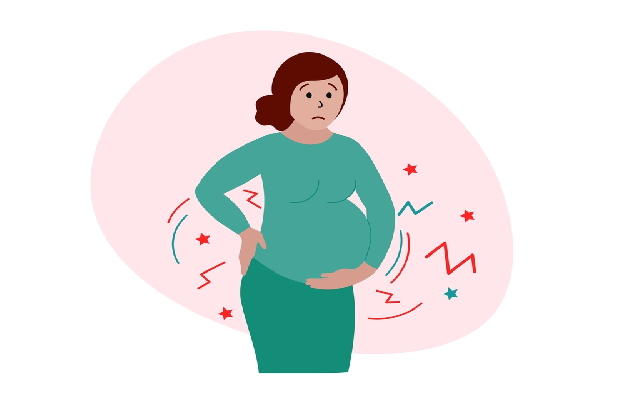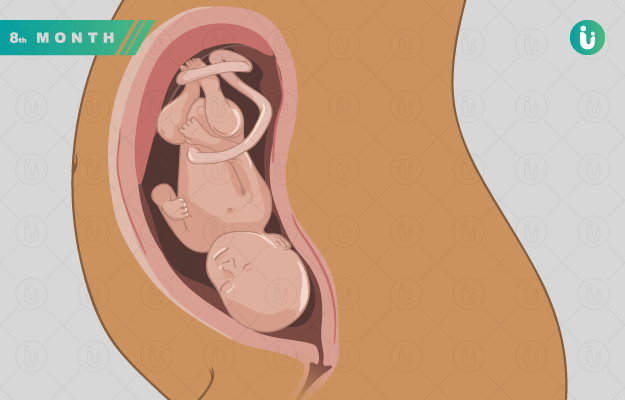Iodine is one of the most essential nutrients required by the human body for growth and development. It is a trace mineral and is hence required in small amounts. Iodine deficiency during pregnancy is particularly harmful, as it can affect the baby’s brain development and cause thyroid problems for the mom-to-be.
The risk of iodine deficiency would be high in India since our soil is deficient in iodine, especially in the north and northeastern parts of the country. But a nationwide programme to iodise common salt has addressed iodine deficiency-linked problems like goitre to a large extent.
However, a problem arises when it comes to pregnant and lactating women who have a much higher requirement of iodine in their daily diet: 250 micrograms per day during pregnancy and 290 micrograms a day while they are lactating or producing breast milk.
A small study published in the Indian Journal of Endocrinology and Metabolism in 2014 concluded that in India iodised salt was enough to meet the requirements of the general population but not the increased requirements of pregnant and breastfeeding women.
On World Iodine Deficiency Disorder Day, observed each year on 21 October to spread awareness about the grave illnesses that could come about due to the lack of iodine, we bring to you a primer on iodine deficiency during pregnancy: its symptoms, complications and what to do to avoid it.






























